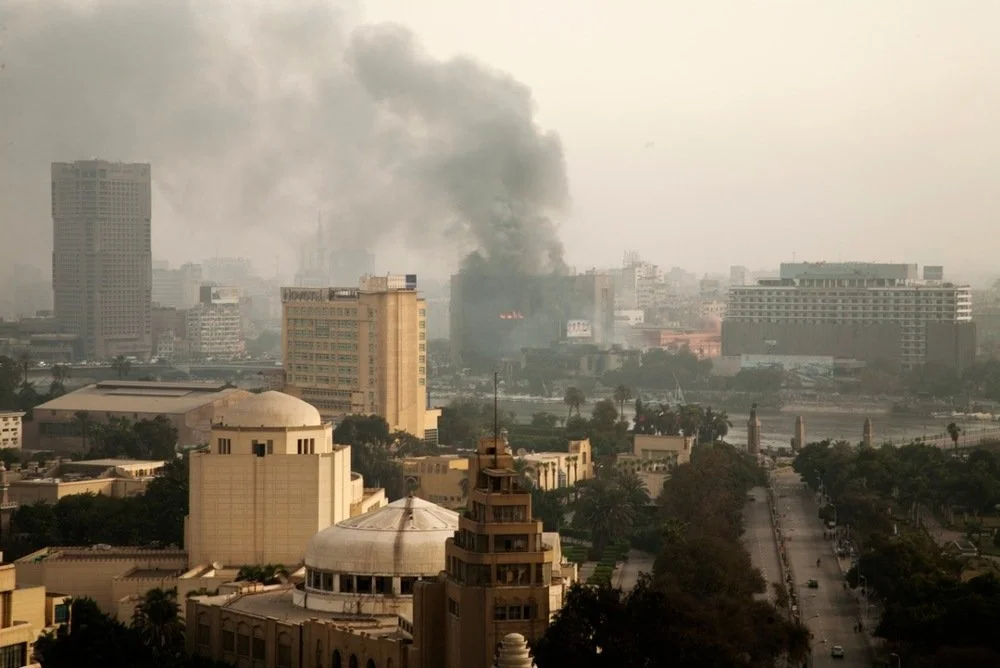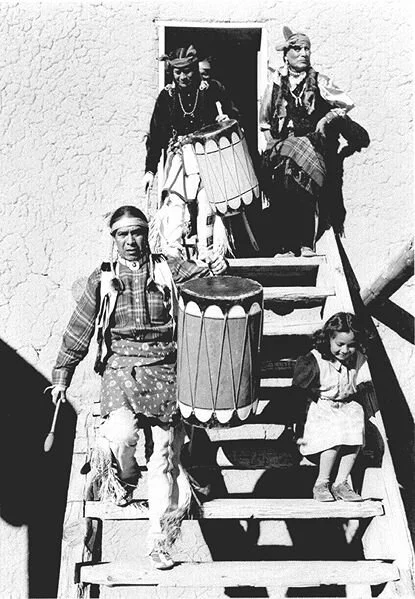words + photos by Don Mankin
My two Teva-clad feet poked above the water, framing the view of the mouth of the cove spilling into the broad channel before us. The silhouettes of several tree-covered islands and mountains overlapped in different shades of pastel and receded in the distance. I was floating on my back in the waters of coastal British Columbia. Not exactly the Caribbean – no palm trees, no rum drinks with paper umbrellas, and the water temperature was more than a tad or two colder. But the water was warm enough for a late afternoon swim, the scenery was more dramatic, and there was no one else to be seen other than my four sea kayak companions relaxing after a long day of paddling in the warm bright sunshine of the aptly named Sunshine Coast.
The Sunshine Coast is just a relatively short drive and an even shorter flight northwest of Vancouver. It’s easily accessible but still feels somewhat remote -- most of the coast above Powell River, the “urban” center of the region, can only be reached by boat or floatplane. Like almost all of British Columbia's coast, it is strikingly beautiful -- islands of all sizes covered in Douglas fir, hemlock, and cedar; narrow inlets and fjords indenting the rugged coastline; and jagged snow-capped mountains in the distance framing long views across wide sounds. But unlike most of the B.C. coast, the Sunshine Coast is in the rain shadow of the low mountains of Vancouver Island to the west, so the weather is usually sunny, dry and warm, sometimes very warm.
















